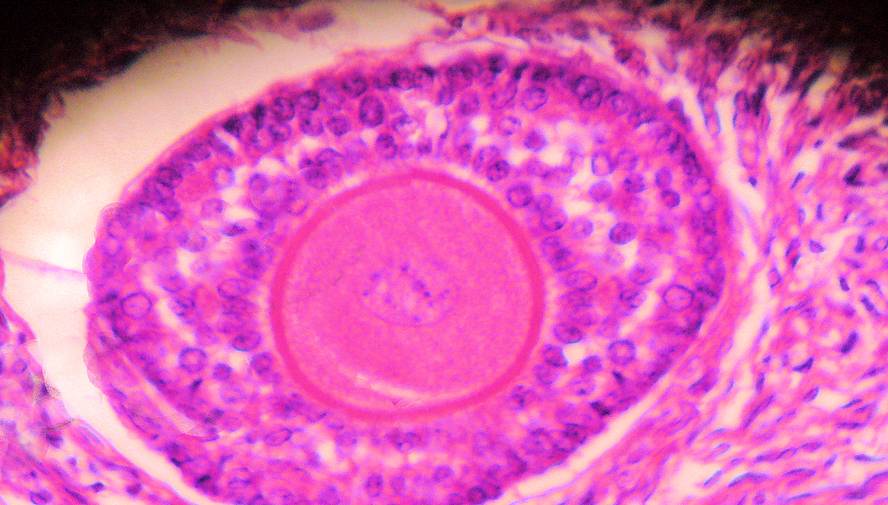Study the influence of the menstrual phase on metabolism
Research from the University of Tübingen shows that insulin sensitivity in the brain depends on the menstrual phase. Published in the journal Nature Metabolims, it stands out for the effect of insulin on dietary trends and metabolism. One of the conclusions is that there may be gender differences in insulin metabolic regulation, although research has focused on men.
In the current research, eleven women have been investigated in the follicular phase (before ovulation) and luteal (after ovulation). In the brain, insulin sensitivity has been measured by inhalation of insulin or placebo by aerosol. In addition, another 15 women measured insulin sensitivity in the hypothalamus via nuclear magnetic resonance. The analysis of the results of both tests shows that, on the one hand, insulin sensitivity in the follicular phase is higher in the brain than in the luteal phase, and on the other hand, brain insulin resistance in the luteal phase can affect resistance throughout the body.
In the same journal, other authors have published another broader and more general article on research, which explains changes in body weight, hunger and the food trend. These changes occur especially at the end of the luteal phase, i. e. when insulin sensitivity is reduced. This may also affect impaired glucose control in women with type 1 diabetes.
Researchers have highlighted the low participation of women in the study and that none of them took hormonal contraceptives. Moreover, insulin inhalation is not a physiological pathway, so they have made it clear that it is an initial research and that further research is needed to confirm the results and deepen knowledge.






